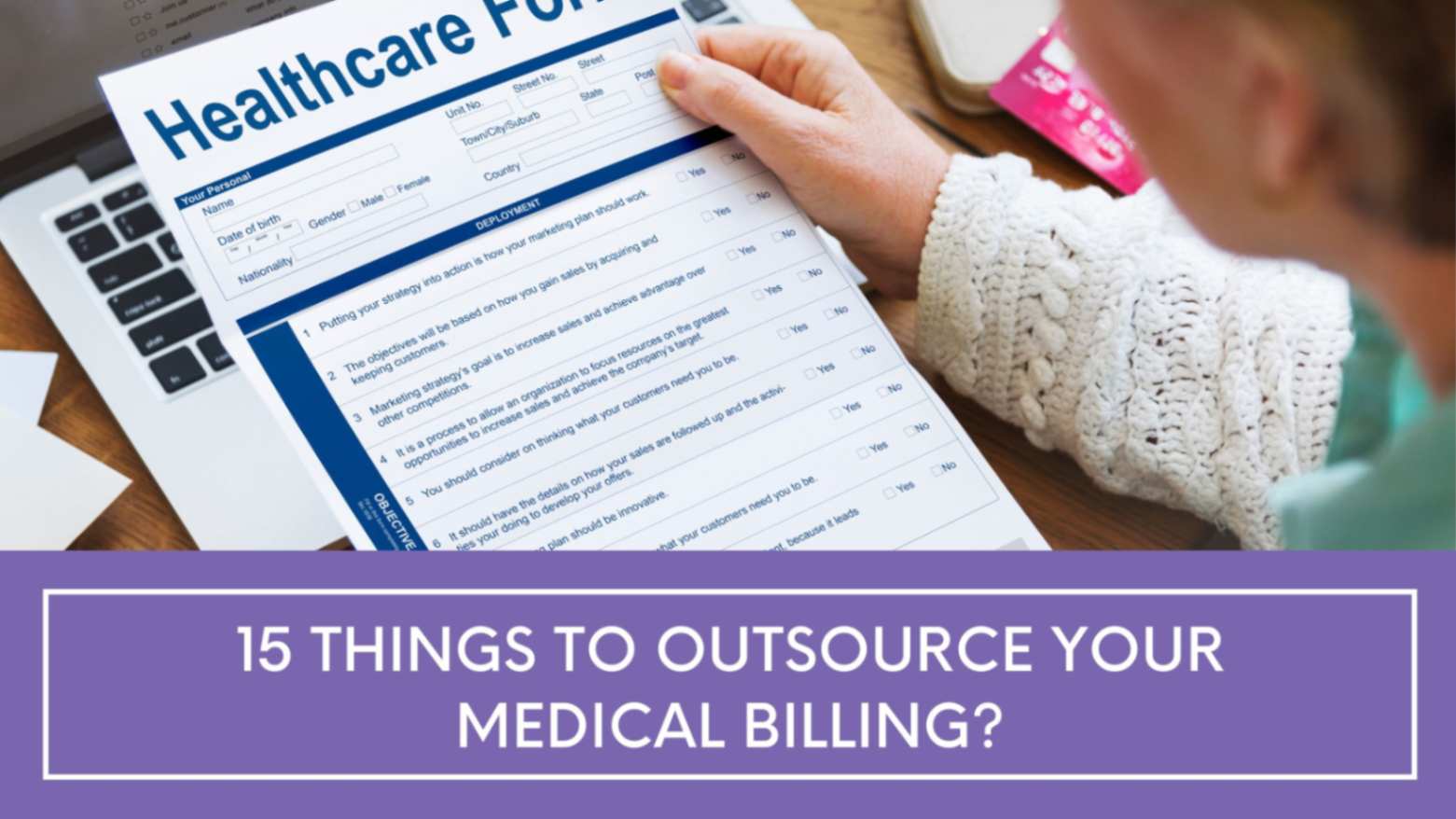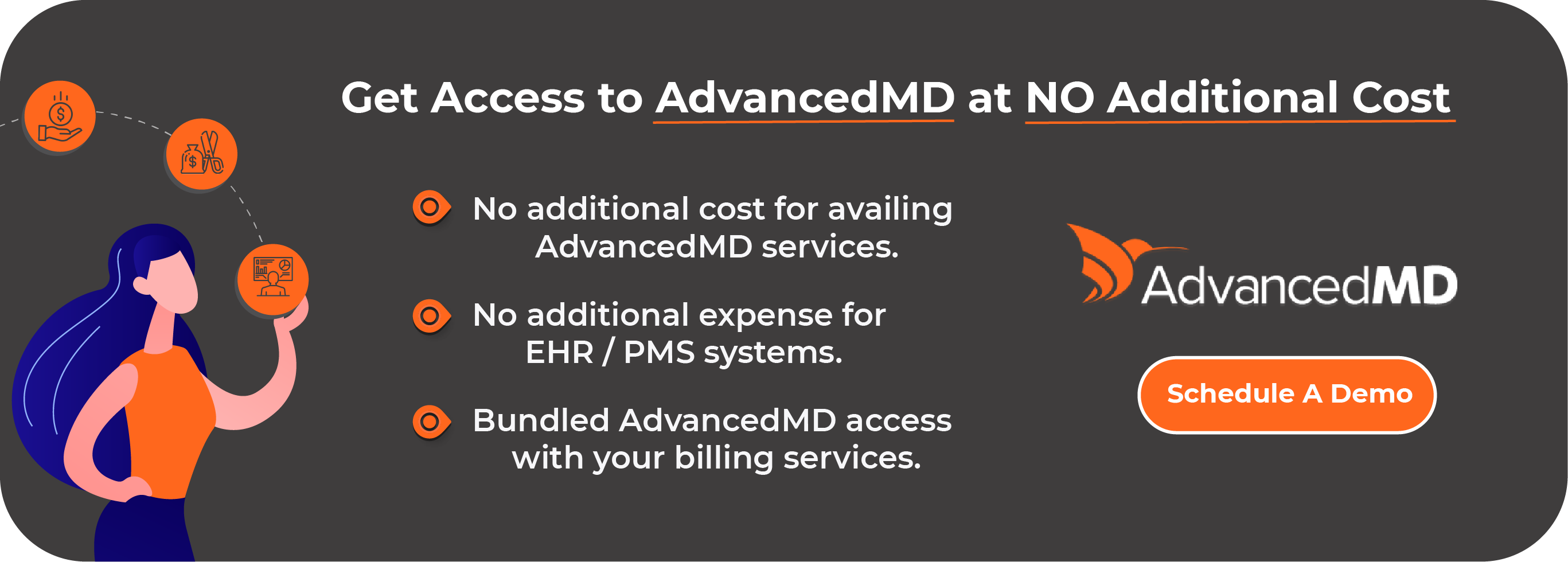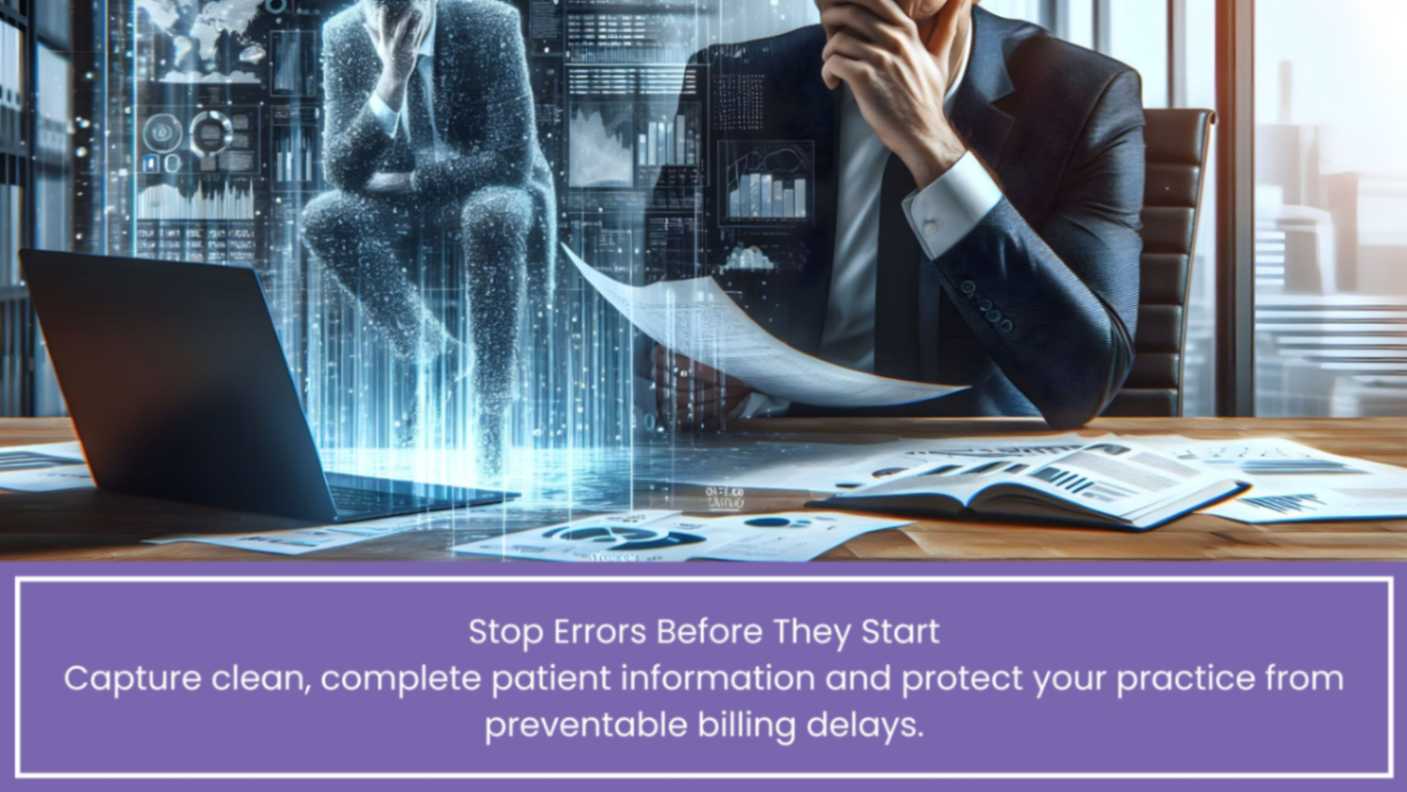15 Things you know about your Outsource Medical Billing
For most thriving medical practices, one of the secrets to their financial success and overall operations in recent times is accurate medical billing. It is a process that involves the submission of claims to insurance companies for healthcare providers to be rightfully compensated for their services. Even though it was in operation in the past using the paper system, a new electronic model has been created to automate the processes with ease, accuracy, and efficiency.
With the benefits mentioned above and more, many healthcare providers and practices are outsourcing these functions to experts to maximize the financial and operational benefits. The recent reports of Grand View Research, Inc reveal that the demand for medical billing is expected to grow from $6.3 billion to $16.9 billion between 2015 – 2024. So, if you’re planning to outsource, it would be a decision you won’t regret. As a result, this article explores the questions to ask your billing vendor to show the various dynamics involved for successful transition of in-house operations.
Table of Contents
15 Things You Must Ask Your Billing Vendor for Successful Transition of In-house Billing Operations
Besides healthcare services, billing and revenue management are essential aspects of your practice that shouldn’t be handled lightly. Below are 15 things you must ask your billing vendor for a successful transition:
1. How many clients do you have in my industry or share my specialty?
Medical billing is a complex process with so many rules in its entirety and so much more that are industry-specific. Thus, it is essential to hire billers who have clients in your industry or area of specialization. If not, using a biller with little or no experience can hamper the success you imagine for your practice. So, choose one with the expertise in the services you provide.
2. What Practice Management Software is Best for this operation?
You also need to know whether your biller would be using your practice management system (PMS) or theirs. The essence of this is to retain the rights to your billing reports and data. Also, asking this question allows you to determine the cost you’ll incur for clearinghouse and overall operations.
3. How Experienced are your Billers and What Certifications Do They Have?
In medical billing, you won’t find a substitute for experience and certification because there is none. This is why you must confirm if your billing vendor has industry-experienced billers and their level of training through certification and accreditation. Similarly, while some vendors have experienced and certified billers, they tend to give these functions to other staff. So, you must know who’s specifically working on your billing.
4. What Reports Do You Provide Your Clients?
You should consistently get periodic reports which detail accounts receivables, payment adjustments, billable services, amongst others. These reports can be customized for you to access information that concerns you and your practice. It could be monthly or quarterly. Whatever period you choose, it has to be consistent.
ALSO READ – Need For An Effective Denial Management Process To Keep AR Under Control and Help Practices Survive
5. Do you Adhere Strictly to HIPAA Regulations?
Most vendors would give an affirmative answer to this question, but it’s not enough because no practice can boast 100% HIPAA compliance. That’s why you must ensure a compliance officer and HIPAA security personnel to monitor these areas. With this, you can track compliance and assess the progress recorded.
6. How Committed Are you Towards Adjusting your Processes to Accommodate Mine?
The essence of paying the specific fee is to get particular services. While billing vendors already have systems to be imported, you shouldn’t allow for a total revamp. Instead, your systems can be updated while syncing with your vendor’s system.
7. Are There Periodic Audit Claims?
Under-coding or Up-coding can have a catastrophic impact on your practice, so you must have a periodic audit for claims to detect these coding errors and correct them as soon as possible. To be safe, you should get a quarterly audit of ten charts showing any coding error found.
8. How Often Do You Submit Patients’ claims?
You have to know how often claims are submitted because the frequency of this action is foundational for revenue flow. So you need to establish a model, whether daily or weekly, to have control over revenue flow.
9. Who Handles Patients’ Questions and Concerns On Billing?
Questions on deductibles, co-insurance, and co-pays are constant after patients get their statements. So, you must determine if your vendor takes charge to answer standard questions or else it’ll be routed to you. You must prepare the correct answers and right solutions for every patient and concern if routed to you.
10. What’s the Charge for Your Services?
Don’t be tempted to jump on a biller whose services are low; neither should you hop on one whose services are high. You have to compare apples to apples. Know the services vendors you’ve shortlisted offer about their price and compare with other vendors. This way, you can reduce costs while getting optimum services.
11. Do I get Notified of Contract Issues?
Most billing vendors don’t offer this service despite how crucial it is. You have to be able to track your payer’s reimbursement with your biller’s percentage.
12. How Much Transparency Can you Guarantee?
Whether as reports or direct access to the system, billing vendors must be transparent with their activities.
13. How Much Workload Do Staff on Your Accounts Have?
Too much work can affect productivity. It’s essential you know those on your accounts aren’t overburdened and can perform optimally.
14. What Associations are you Affiliated With?
You also need to be sure your biller gets prompt updates on regulatory changes, and belonging to either state or local association enhances that.
15. Who Do I Reach For Reference Sake?
You need to know other clients’ experience with whatever billing vendor you choose. So take time to call different companies and evaluate their experiences to determine if you can also select them.
ALSO READ – How To Setup an Automated Billing Process in AdvancedMD?
Talk to Medical Billing Expert Today — Get a Free Demo Now!








